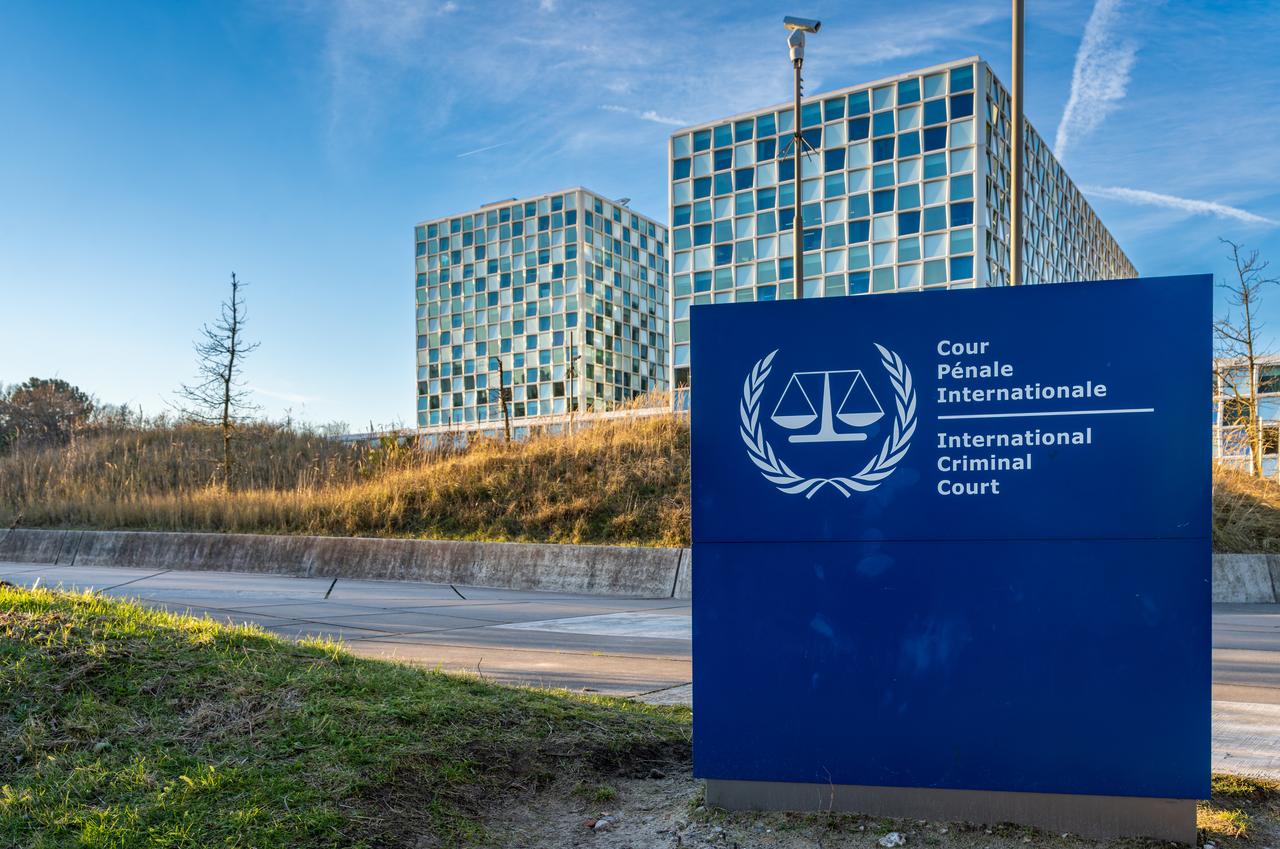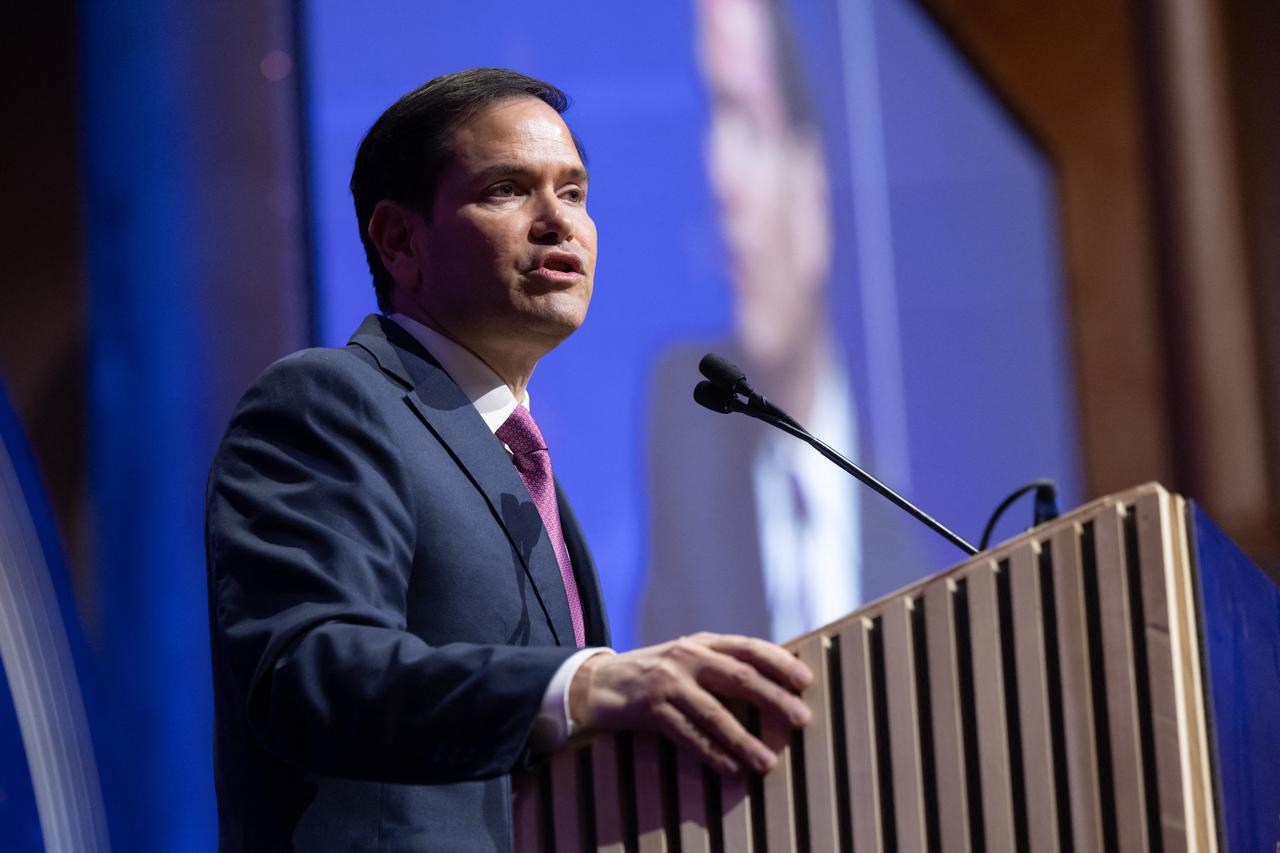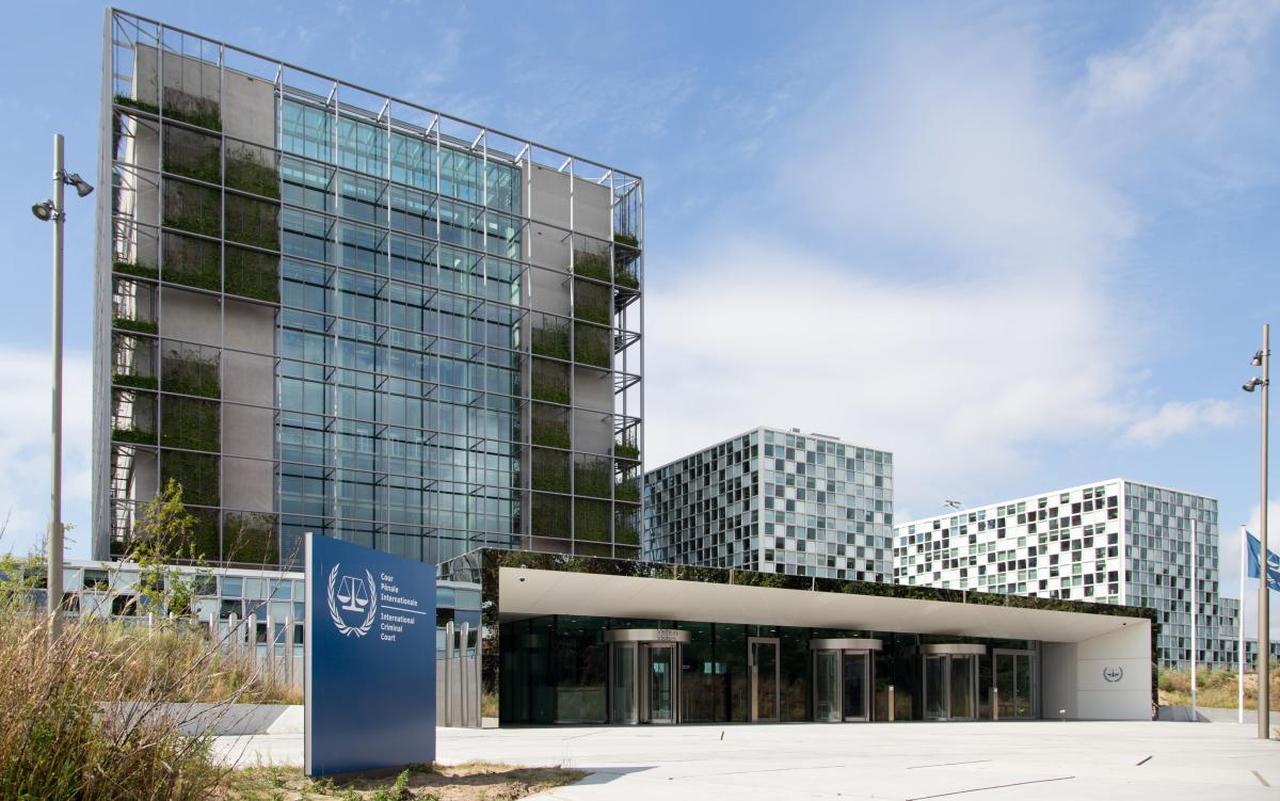
The United States on Thursday imposed sanctions on 4 judges at the International Criminal Court (ICC), including those involved in issuing an arrest warrant for Israeli Prime Minister Benjamin Netanyahu.
All 4 judges—Beti Hohler of Slovenia, Reine Alapini-Gansou of Benin, Luz del Carmen Ibanez Carranza of Peru, and Solomy Balungi Bossa of Uganda—are barred from entering the United States, and any assets they may hold within the U.S. will be frozen. Such punitive measures are typically reserved for foreign officials from adversarial states, not members of international judicial bodies.
U.S. Secretary of State Marco Rubio defended the sanctions in a statement, calling the ICC’s actions “illegitimate” and asserting the need to defend the sovereignty of the U.S, Israel, and its allies. He also called on other countries—especially those that benefitted from U.S. support during past conflicts—to oppose the court's actions.

2 of the sanctioned judges, Hohler and Alapini-Gansou, were involved in the ICC panel that found “reasonable grounds” to issue arrest warrants for Netanyahu and former Israeli Defense Minister Yoav Gallant. The charges stem from Israel’s large-scale military campaign in Gaza, launched in response to Hamas’s October 7, 2023 attack. The ICC has cited the use of starvation as a method of warfare as one of the alleged crimes.
The remaining 2 judges, Ibanez Carranza and Balungi Bossa, participated in proceedings that authorized a separate investigation into allegations of war crimes committed by U.S. forces during the conflict in Afghanistan.
Neither Israel nor the United States is a signatory to the Rome Statute, the treaty that established the ICC in 2002. However, the court operates under the authority of 125 member states, many of which are U.S. allies, including most European countries, Japan, South Korea, and the majority of Latin America and Africa. Under the statute, these countries are theoretically obligated to arrest individuals subject to ICC warrants if they enter their territory.

In a response issued from The Hague, the ICC strongly condemned the U.S. sanctions, describing them as “a clear attempt to undermine the independence of an international judicial institution.” The court emphasized that it operates under a global mandate granted by its state parties and pledged to support its personnel in carrying out their duties.
“Targeting those working for accountability does nothing to help civilians trapped in conflict. It only emboldens those who believe they can act with impunity,” the ICC said in its statement.
Despite the backlash, the ICC affirmed its commitment to continue its operations without interference, stating that it provides “justice and hope to millions of victims of unimaginable atrocities” around the world.